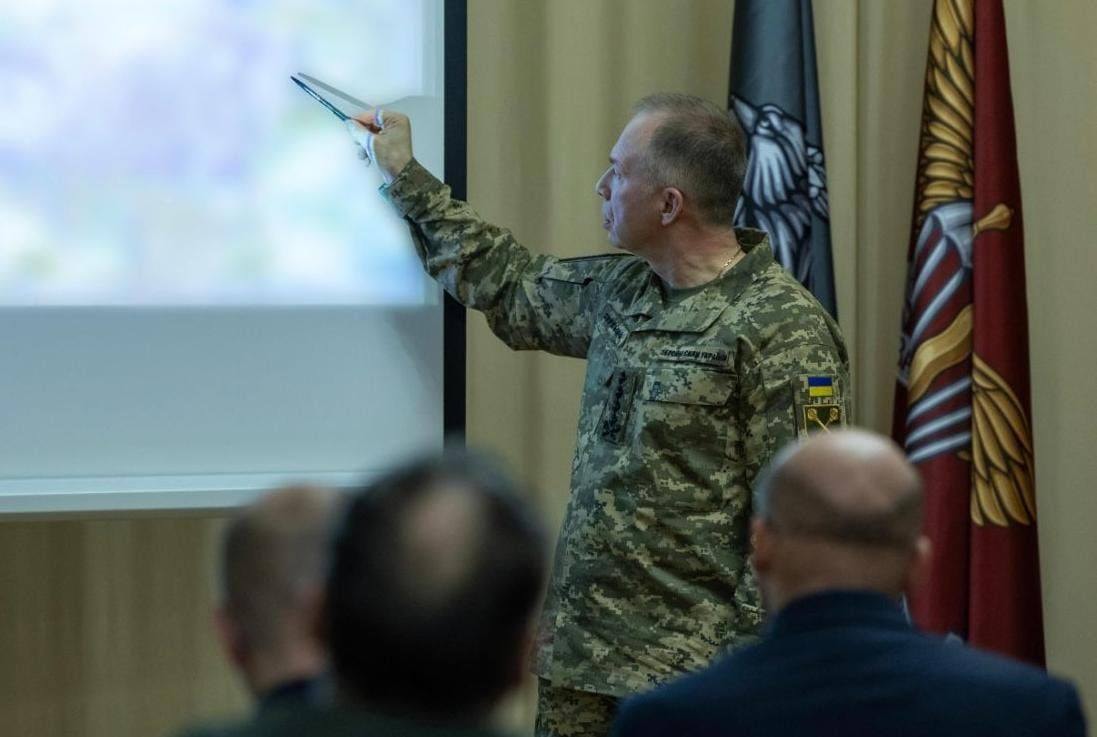
As Ukraine war deaths mount, Kharkiv morgue strains to identify the truth
KHARKIV, KHARKIV OBLAST — A blonde-haired woman walks through a slim pathway between corpses lying against walls and autopsy tables inside Ukraine's oldest morgue. The main autopsy room, connected with two additional rooms and equipped with an elevator to lift the corpses from the basement, is busy with forensic experts like her going through three bodies on the table. One belongs to a Ukrainian soldier, while the other two are civilians — an elderly lady and a middle-aged man. "It's most lik





















